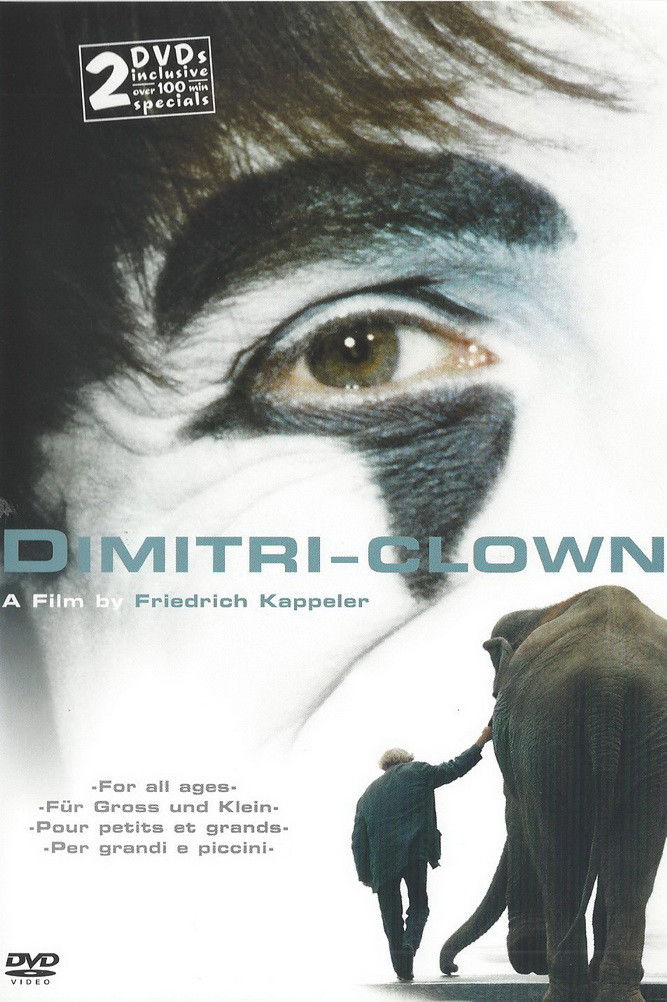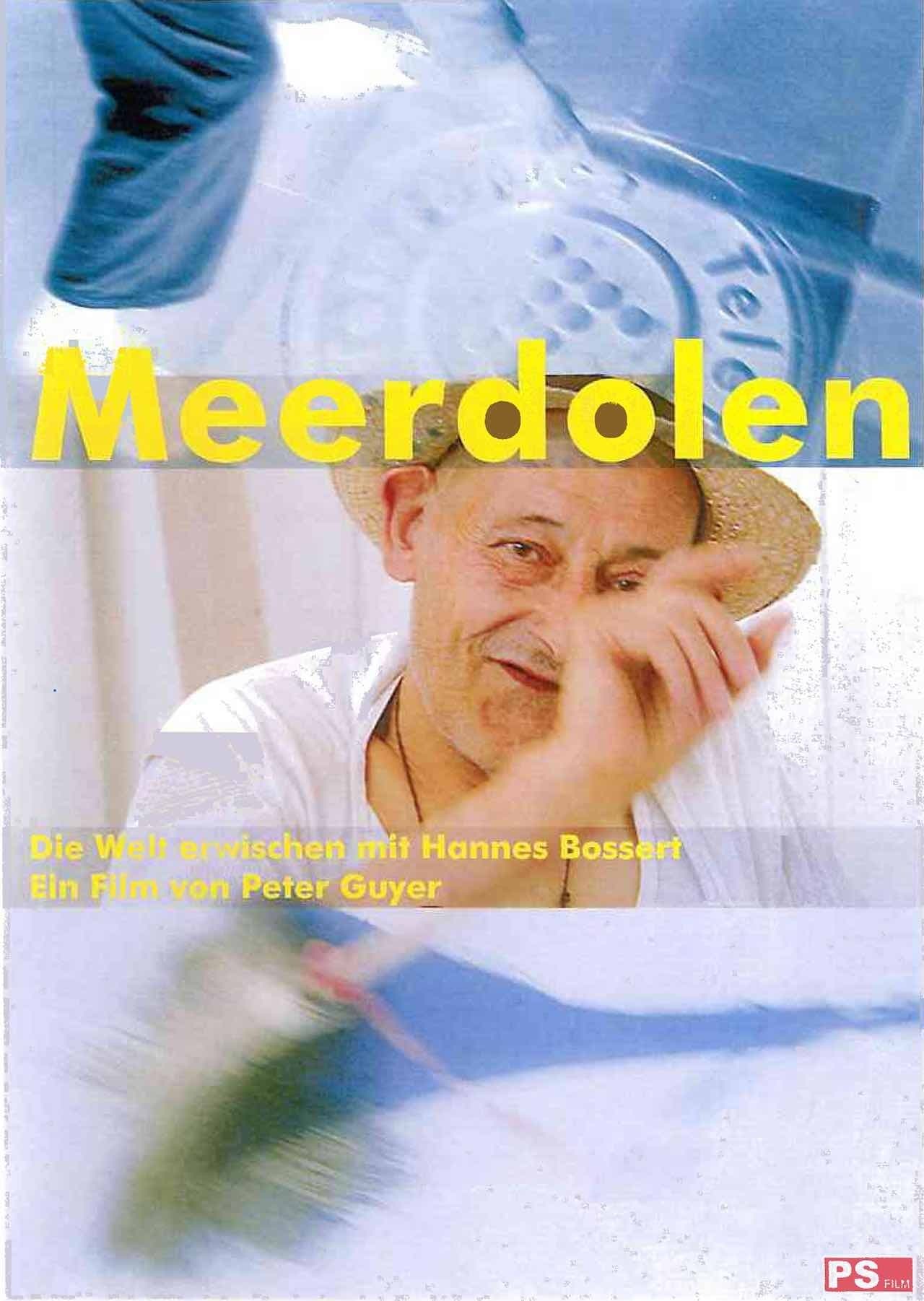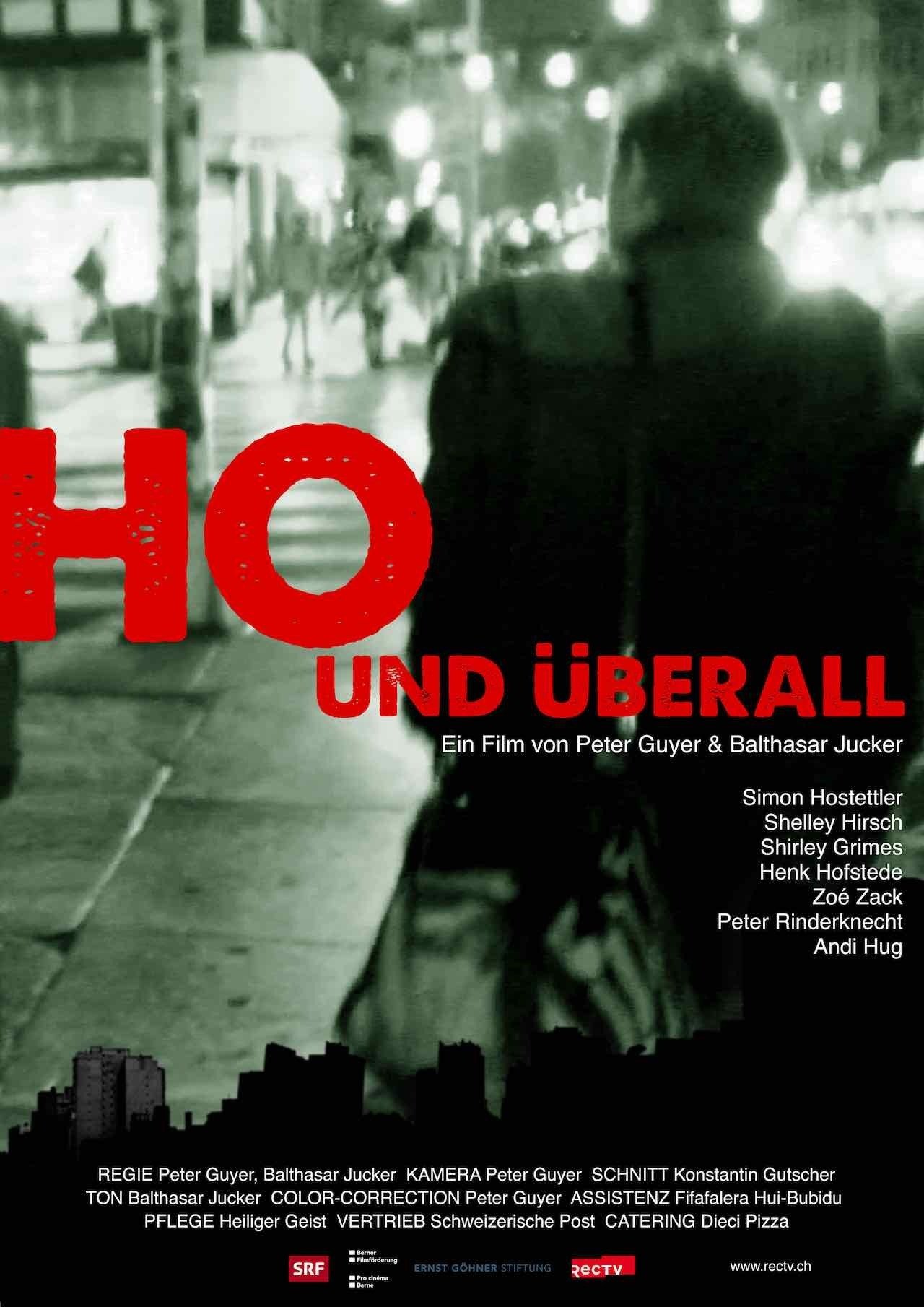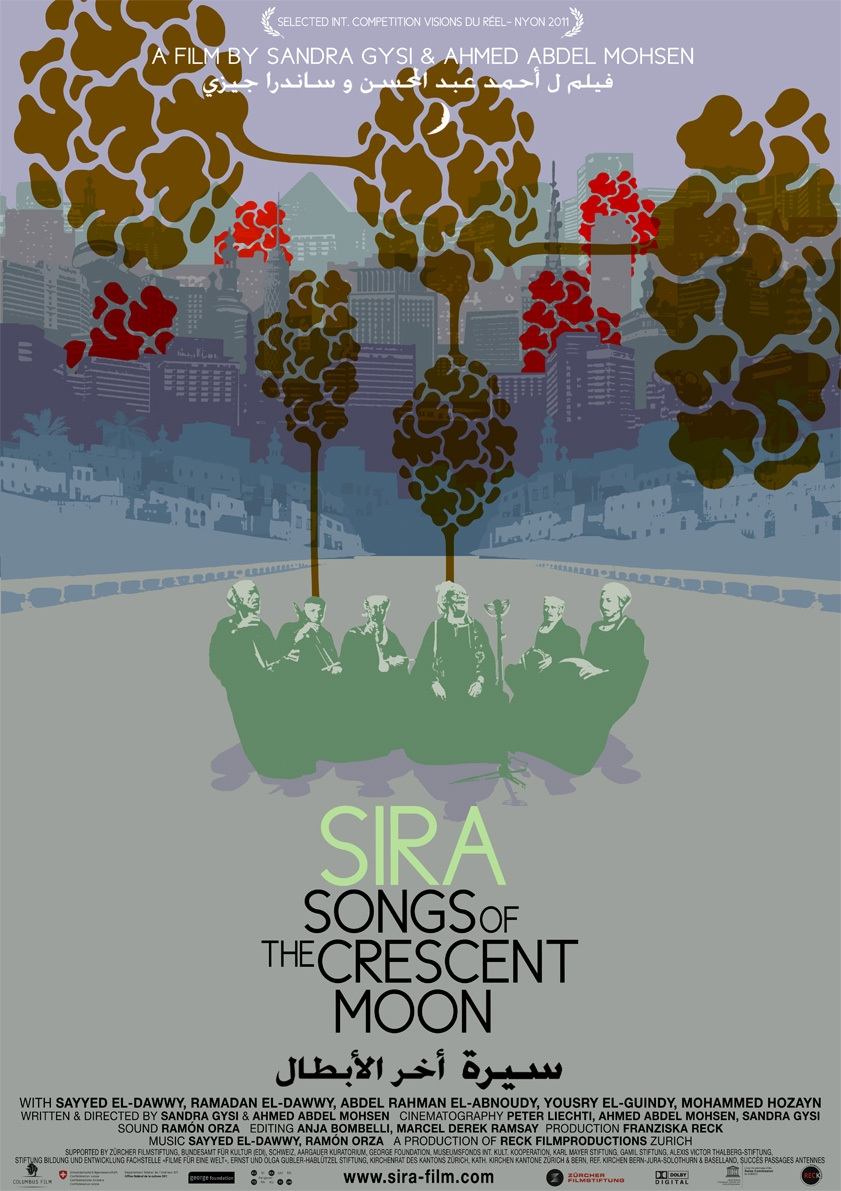Staatenlos - Klaus Rózsa, Fotograf (2016)
• September 22nd, 2016 • 1h 36min
Documentary
Overview
Klaus Rozsa, a well-known and politically active photographer, lived in Zurich for decades as a stateless individual. All of his applications for naturalisation were refused on political grounds. In 1956 he fled Hungary, growing up in Switzerland with a Jewish father who had survived Auschwitz and Dachau. Due to the extreme proximity of such a fate, the camera led him repeatedly to places where injustice was done. It was this particular quality of his camerawork that proved fateful for him.
Make sure to check your pop-up blocker!!
Trailer
Similar Movies

Hugo Koblet - The Charming Cyclist
Released on: 2010-09-16
Documentary, Drama
Zurich-born Hugo Koblet was the first international cycling star of the post-war period. He was a st...
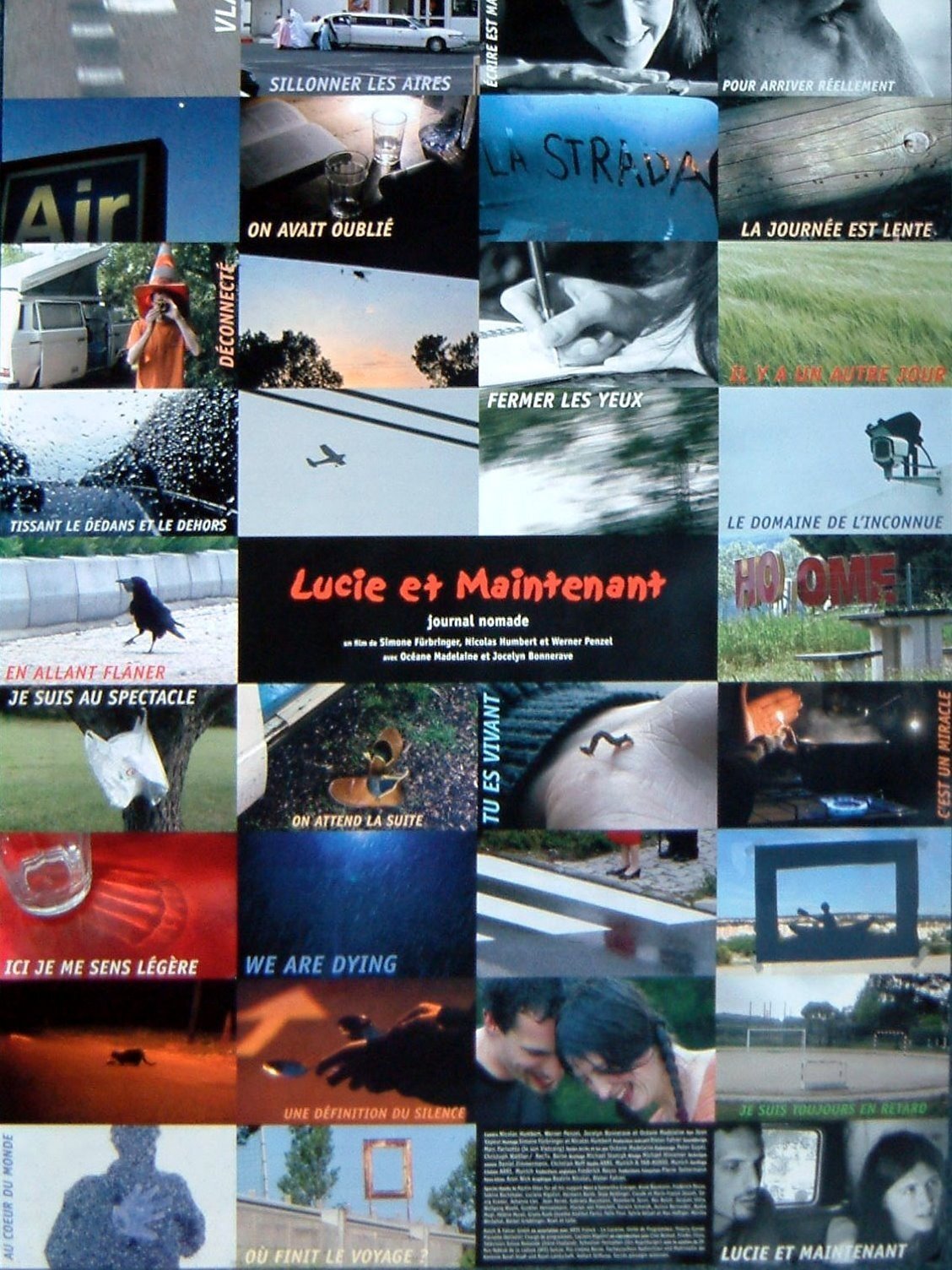
Lucie et Maintenant
Released on: 2007-04-01
Documentary
In May of 1982 Julio Cortázar, the Argentinean writer and his companion in life, Carol Dunlop set ou...

Into Great Silence
Released on: 2005-09-04
Documentary
An intimate portrayal of the everyday lives of Carthusian monks of the Grande Chartreuse, high in th...
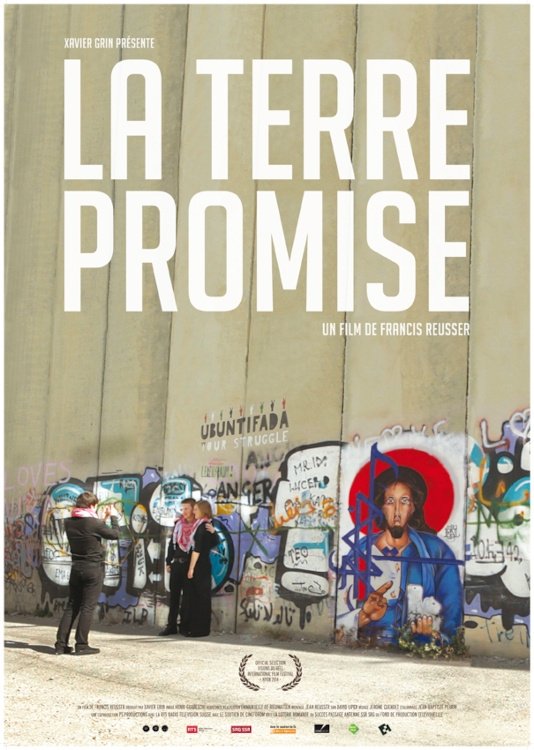
La Terre Promise
Released on: 2014-06-04
Documentary
Philippe Savoy head of the choir at Saint Michael's College in Fribourg is preparing to take his fif...
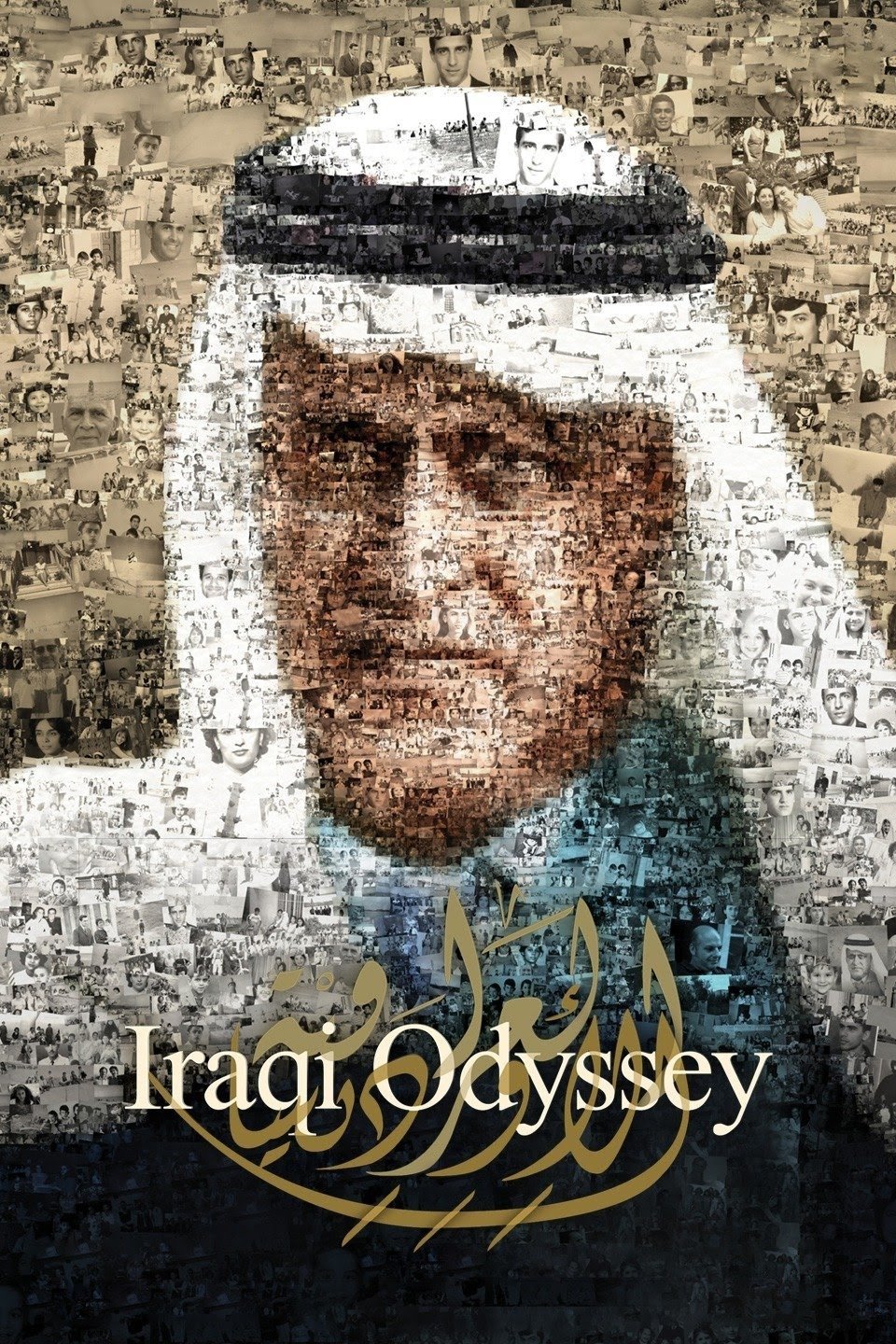
Iraqi Odyssey
Released on: 2014-09-06
Documentary
Tracing the emigrations of his family over more than half a century, this riveting documentary epic ...
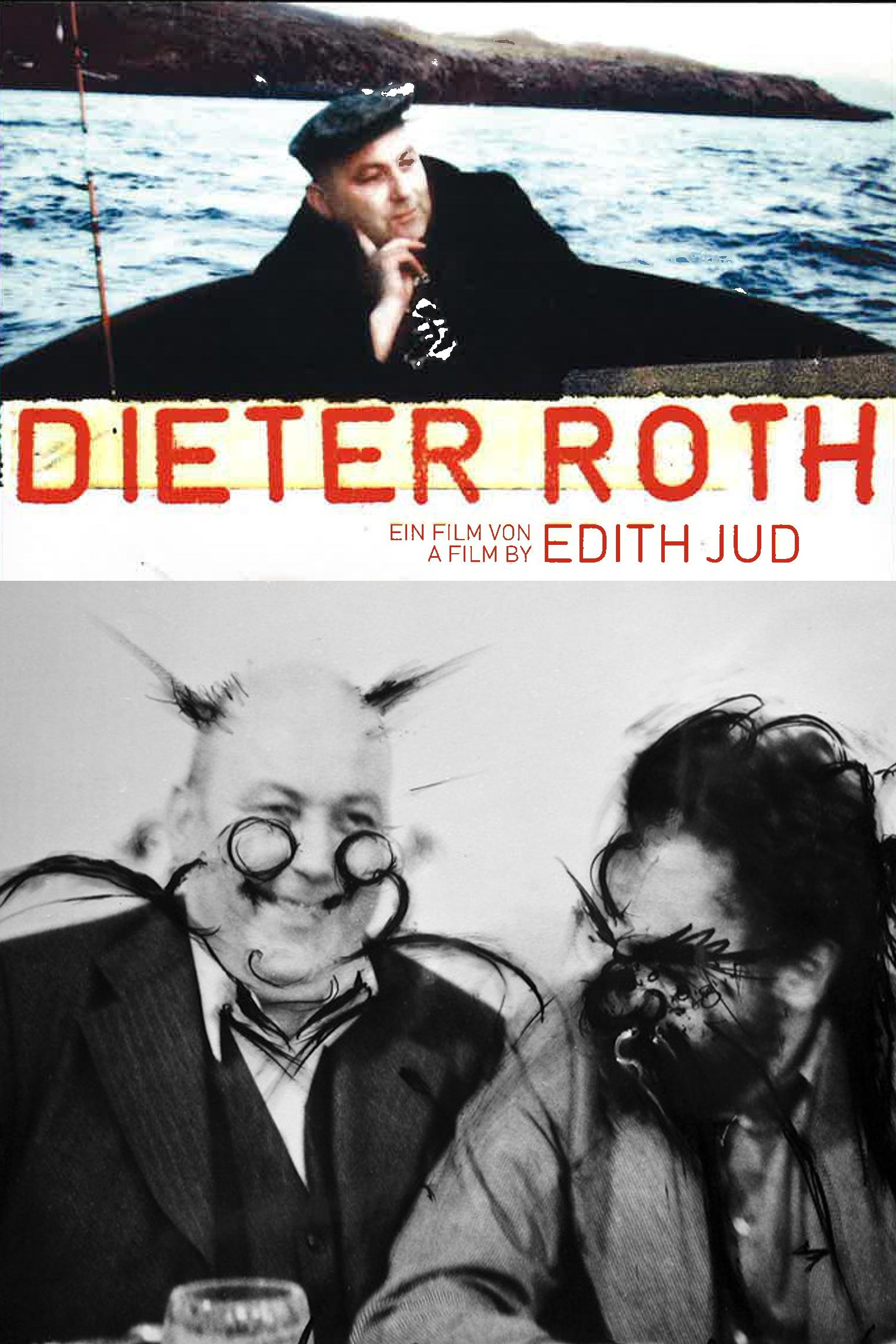
Dieter Roth
Released on: 2003-08-06
Documentary
Dieter Roth was an artist who combined art and life in a unique way. He painted, drew, printed, wrot...
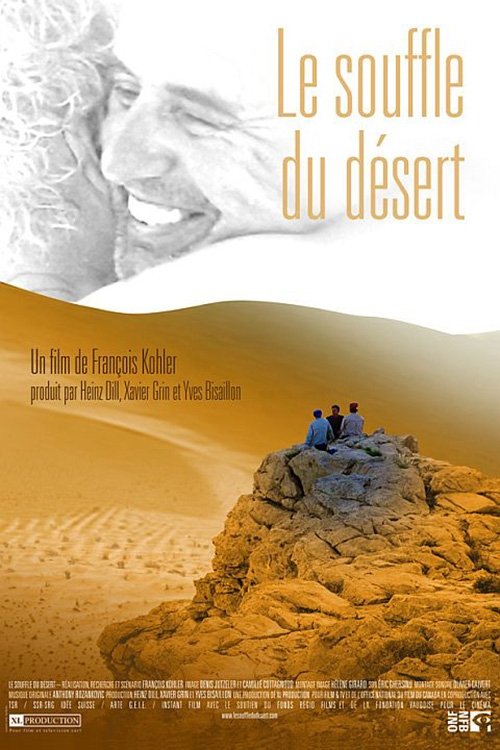
Le souffle du désert
Released on: 2005-06-03
Documentary
A disturbing exploration of what it means to be a man Desert Wind unveils the innermost thoughts of ...

L'homme des casernes
Released on: 1994-03-10
Documentary
This film deals with the issue of mandatory military service in Switzerland. For four months, from F...
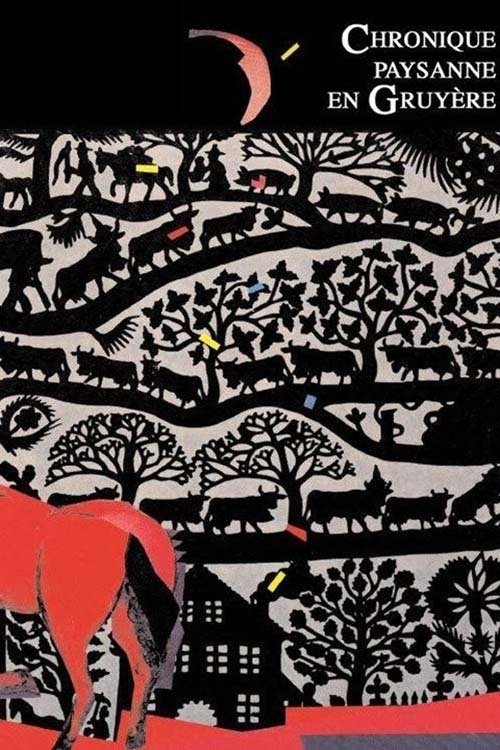
Chronique paysanne en Gruyère
Released on: 1990-12-12
Documentary
The shooting of this peasant chronicle in the Gruyère region of Switzerland lasted a whole year, fro...
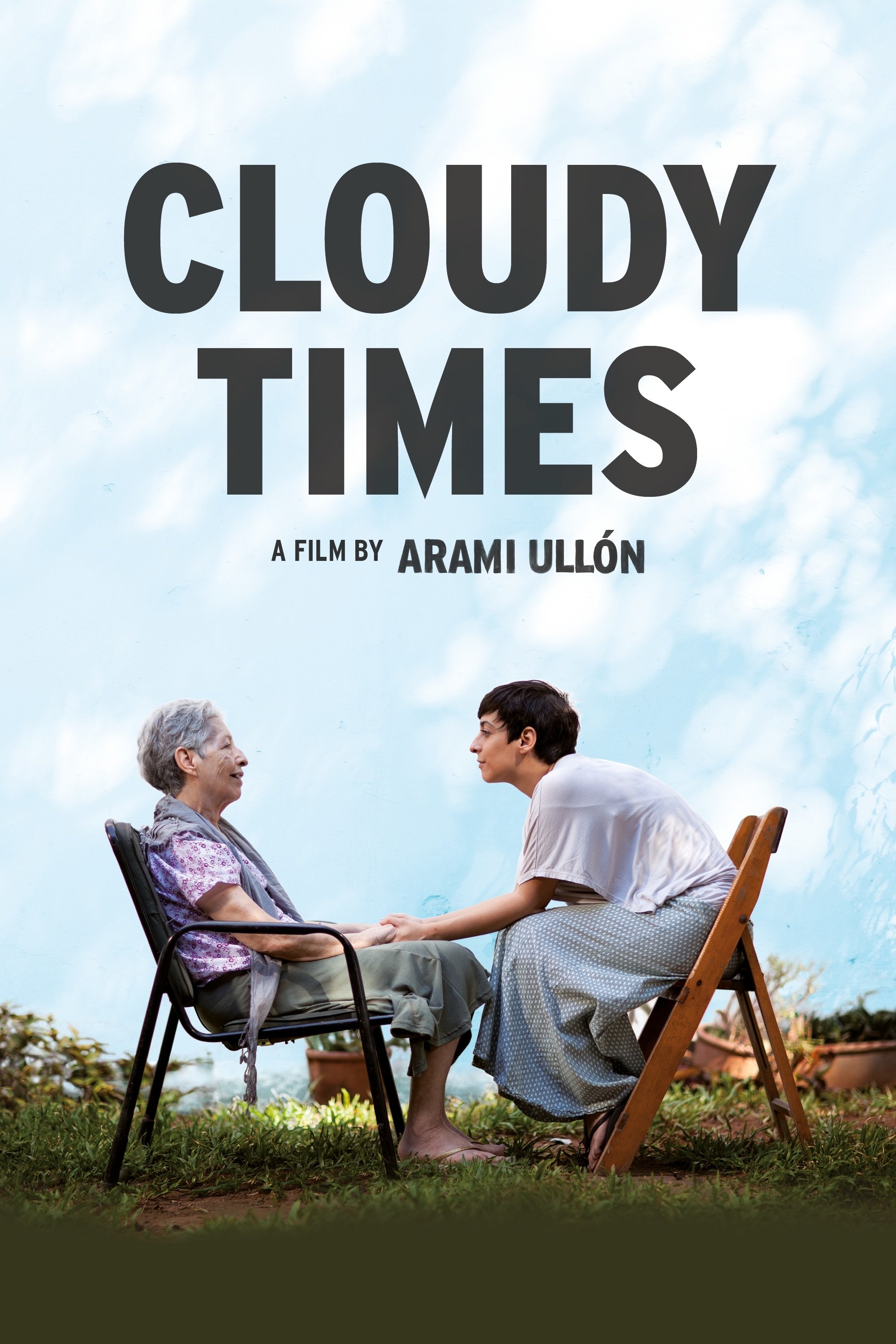
Cloudy Times
Released on: 2014-07-07
Documentary
Arami Ullón must return to Paraguay to make an important decision: what will happen to her sick moth...
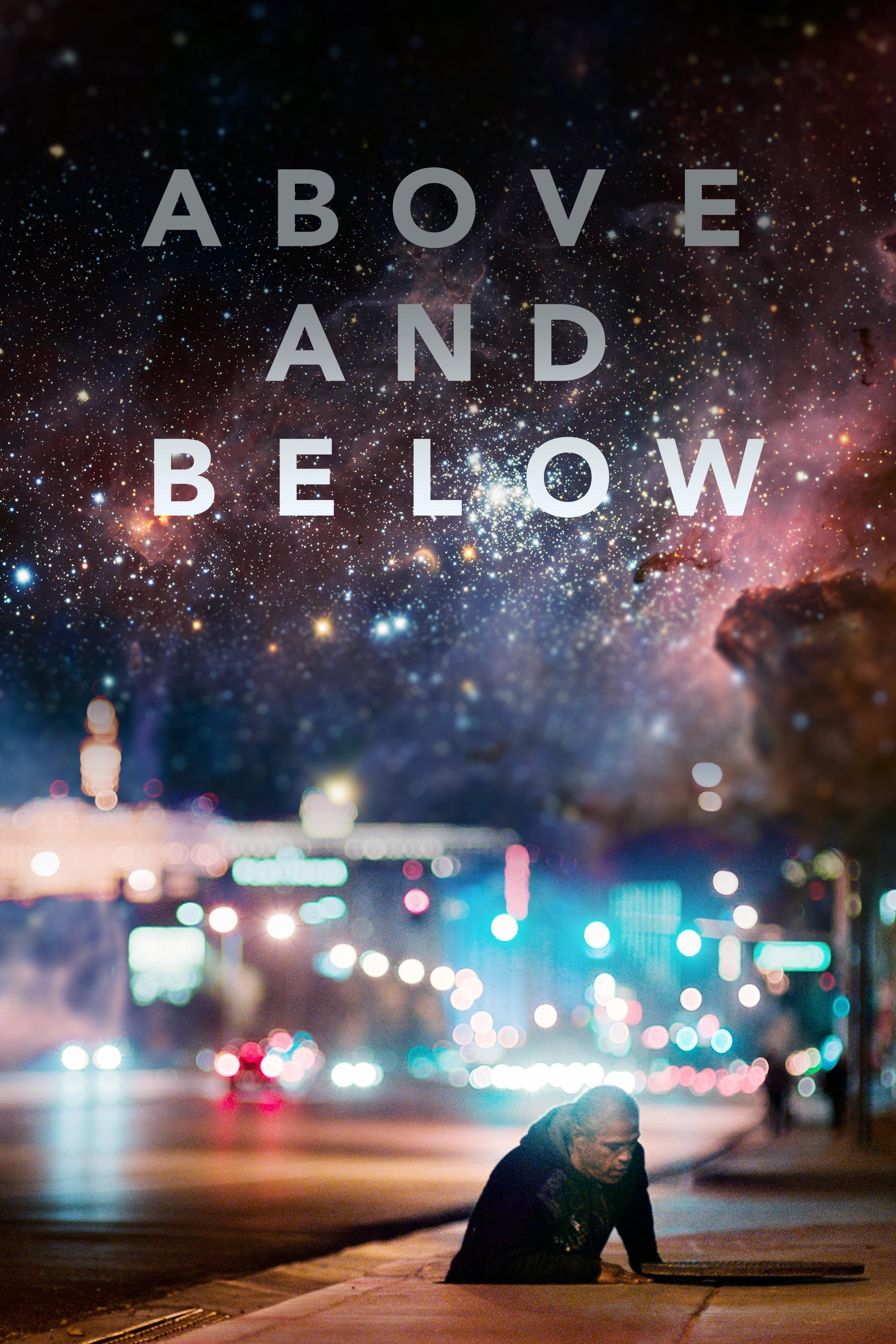
Above and Below
Released on: 2015-01-22
Documentary
Above and Below is a rough and rhythmic roller coaster ride seating five survivors in their daily hu...
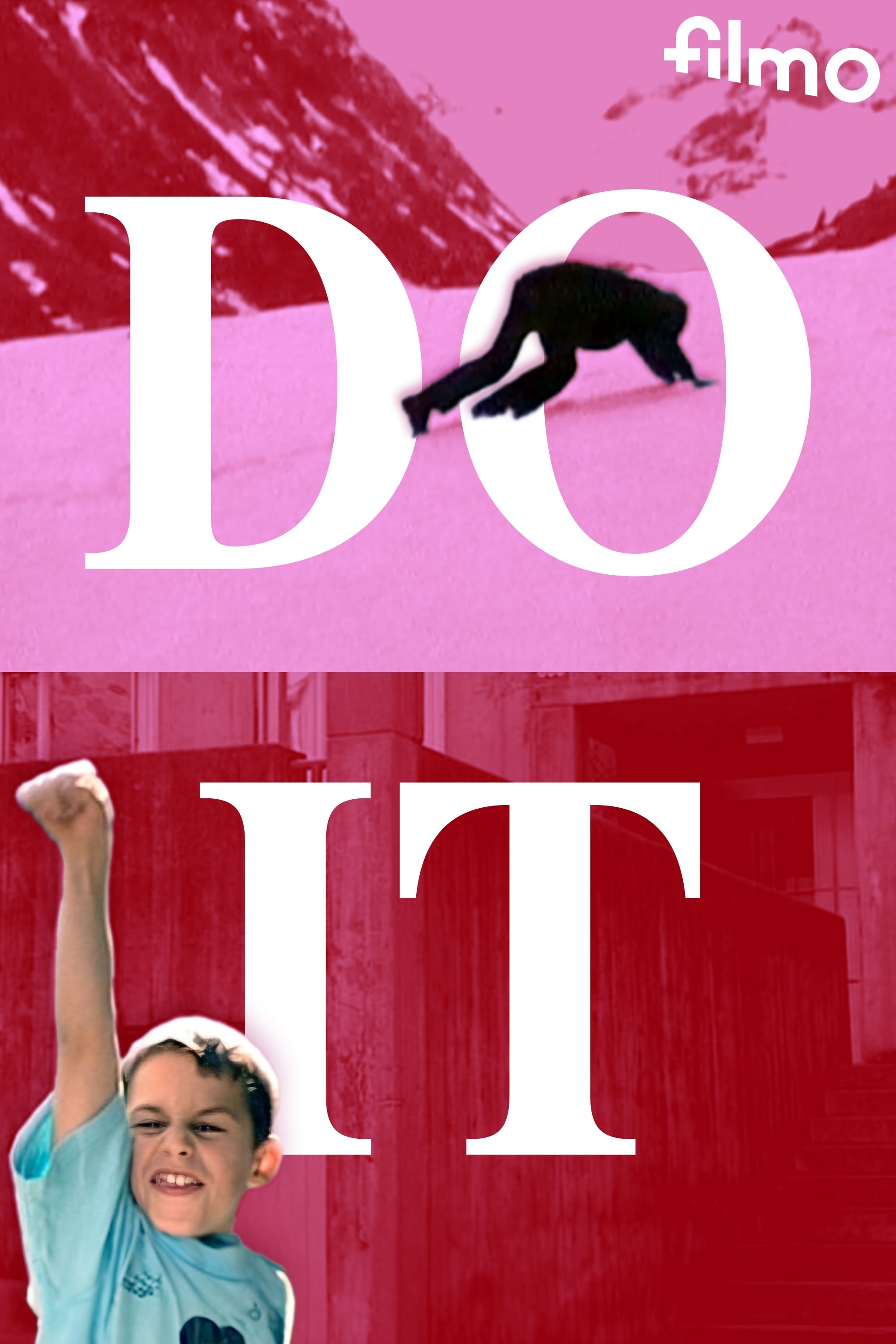
Do It
Released on: 2000-11-16
History, Documentary
Odyssey of the fortune-teller Daniele von Arb who, aged sixteen, joined the revolutionary undergroun...
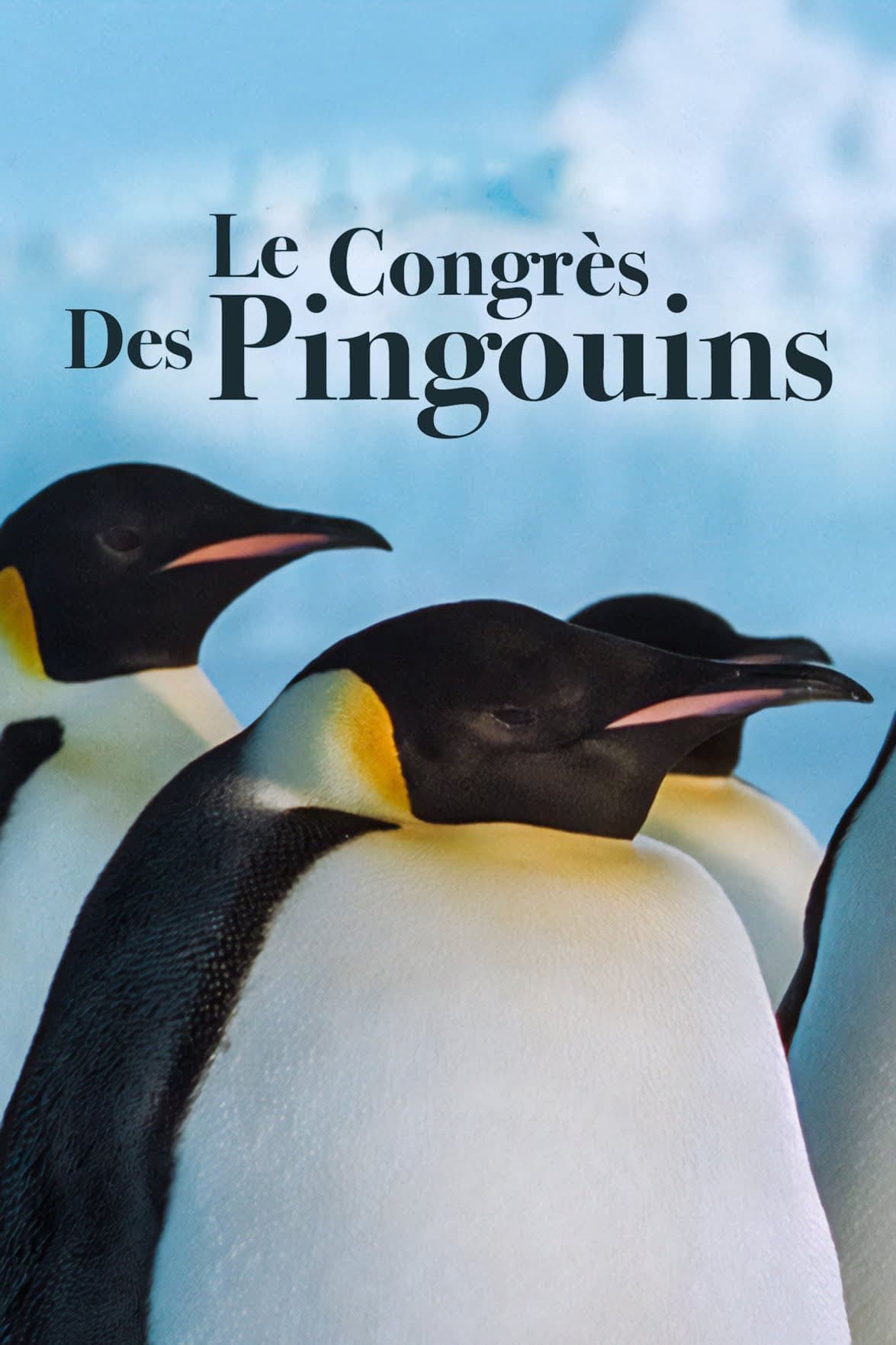
The Congress of Penguins
Released on: 1993-12-03
Documentary
The real place where the penguin congress takes place is also the most fictional place on this plane...
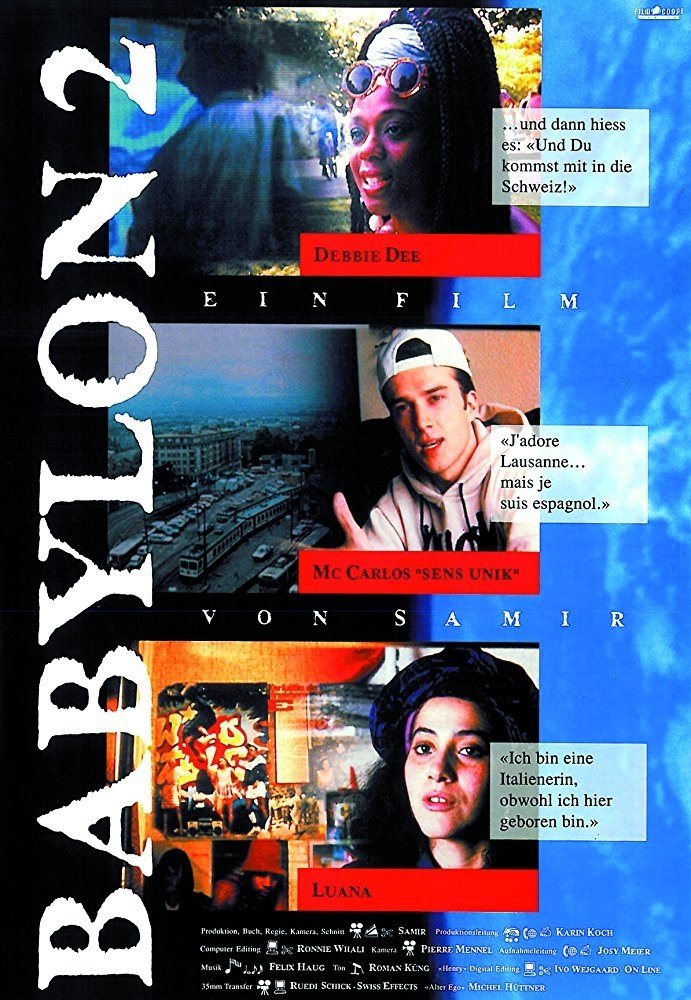
Babylon 2
Released on: 1993-02-02
Documentary
The first film about second-generation Swiss immigrants: A Turkish ice hockey player explains why, i...
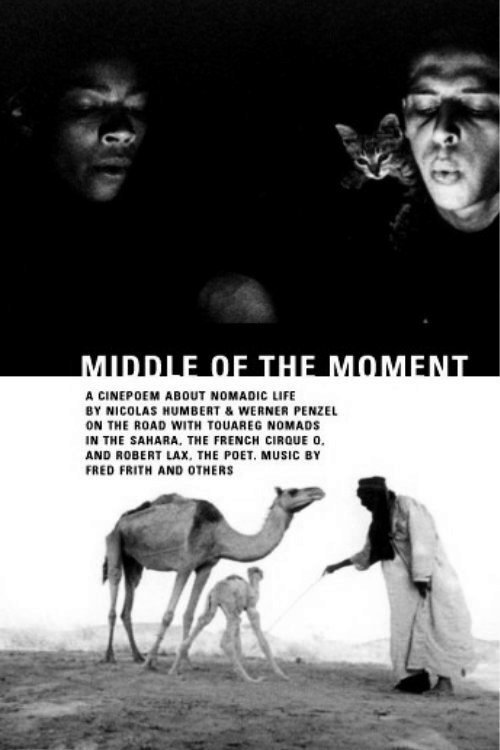
Middle of the Moment
Released on: 1995-11-01
Documentary
Filmmakers Nicolaus Humbert and Werner Penzel examine the nature of nomadic existence in this docume...
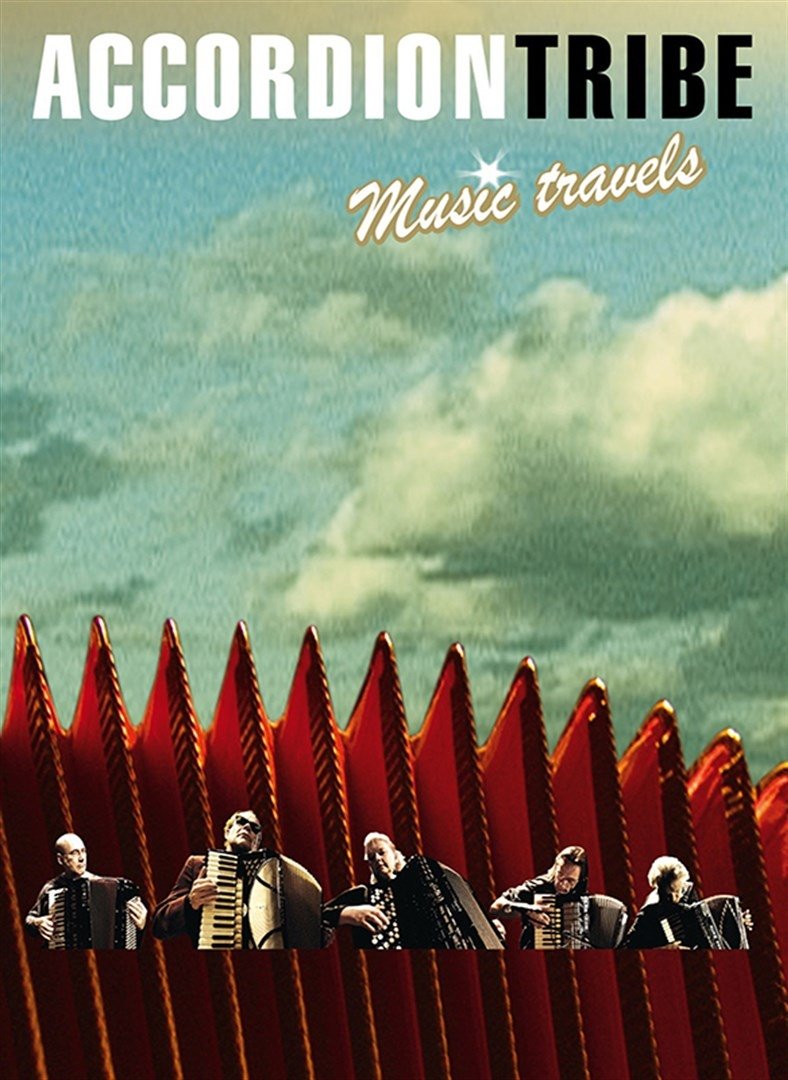
Accordion Tribe: Music Travels
Released on: 2004-01-29
Documentary
Five highly original musicians from different countries form the Accordion Tribe. Together they aim ...
